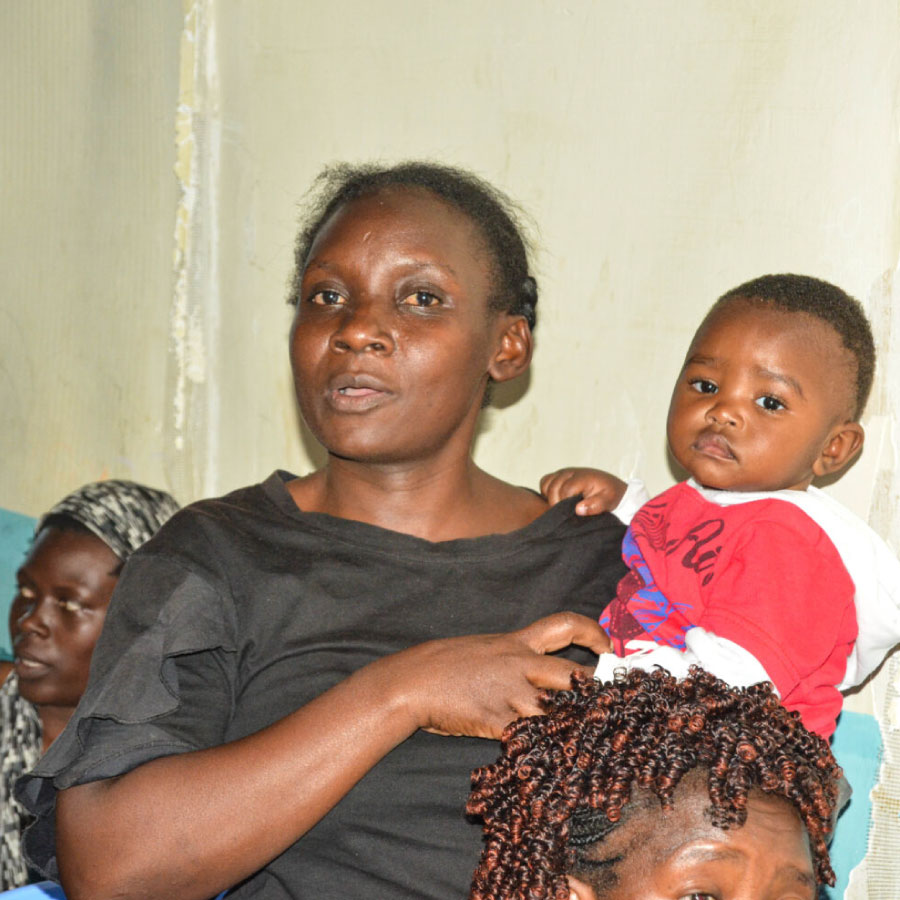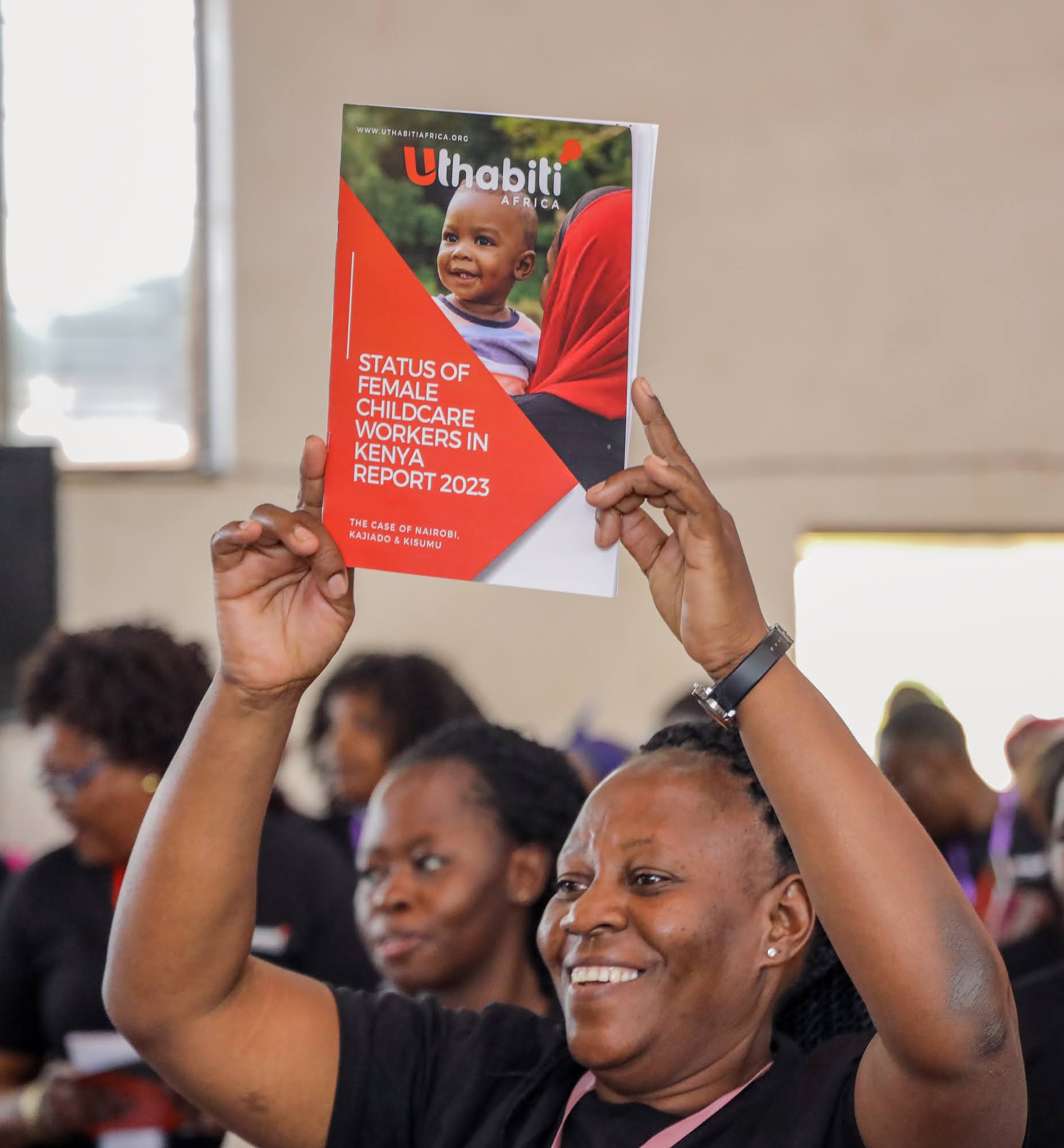Women in Childcare
Why Women in Childcare (WiC)?
Our Women in Childcare work focuses on building solidarity networks for female caregivers and mobilising resources to accelerate skilling and economic empowerment for caregivers.
According to ILO, care work, including childcare, is essential for the reproduction of the future workforce, for the health and education of the current workforce and for the building of a nation’s GDP. Globally, most care workers are women (approximately two-thirds of the global care workforce are women), frequently working in the informal economy, in very poor conditions and receiving low pay.
Domestic workers who, for example, carry out both levels of care work (direct, personal and relational care activities, such as childcare or nursing sick household members, and indirect care activities, such as cooking and cleaning) but experience some of the worst working conditions across the care workforce and are particularly vulnerable to exploitation.
Poor job quality for care workers leads to poor quality care work. This in return, reflects negatively on the well-being of those who receive care and those who provide care.

Our Work with the Women in Childcare
Our work continues to confirm that childcare is informal and presents concerns over workers’ rights, poor working conditions, low pay, and lack of representation. We are working to change this at scale.
Many childcare workers are women and girls who are over-represented in the informal sector, predominantly from the lower socio-economic status and often have low educational qualifications, leading to concerns about the quality of care provided to the children enrolled in the childcare facilities. To produce a systemic change in the delivery of quality childcare services and enhance the well-being of children as well as women empowerment, it’s essential to invest in robust interventions that would empower, skill, finance, inform and support women childcare enterprises and all childcare providers, including domestic childcare workers.
The data we have analyzed from 7,000 childcare micro-enterprises in Kenya reveals that 92% are female and only 8% are male. In the analyzed data, 60% operate Home-Based Childcare (HBCC) facilities and have never been reached with services 1. Because they are invisible and operate in their private spaces 2. Because they fear coming out, they are the most preferred by families (according to this data).
Paid Childcare in Kenya is delivered in 2 main ways; 1. At home – Home Based Child Care (HBCC) is where women turn their homes into childcare facilities offering both day and night care services or at homes by nannies who often double up as domestic workers doing other chores alongside caring for children and 2. In centres – Centre Based Childcare (CBCCs), separate spaces are rented or built by the owner to deliver childcare services. Centre-based childcare services may also be delivered in religious areas (churches, mosques etc.), market facilities, pre-schools and offices and are generally referred to as daycares, playgroups, nurseries, or crèches.
Therefore, our Women in Childcare work is data-driven and revolves around childcare, enabling nearly all facets of the economy to function, yet they remain marginalized. We focus on all the three categories of WiC (HBCCs, Domestic childcare workers and CBCCs), and we believe that investing in women-led childcare enterprises raises women’s socio-economic status while enabling families/working mothers to access quality, affordable childcare, thereby reducing the effect of childcare crisis in Kenya.
Delivery strategies for our WiC program
- Building partnerships for service delivery, learning and scaling best practices (Link this to the WEE TWG)
- Use of ICT to collect, analyze and disseminate data on Women in Childcare
- Building a network for over 100,000 women in childcare in Kenya and beyond.
- Enhancing Economic inclusion for over 100,000 female childcare micro-enterprises in Kenya
- Skilling and certification of childcare workers to improve childcare service provision for over 1 million Children in Kenya and beyond.
- Improving visibility for the over 100,000 Women in Childcare through fora that amplify WiC voices.


